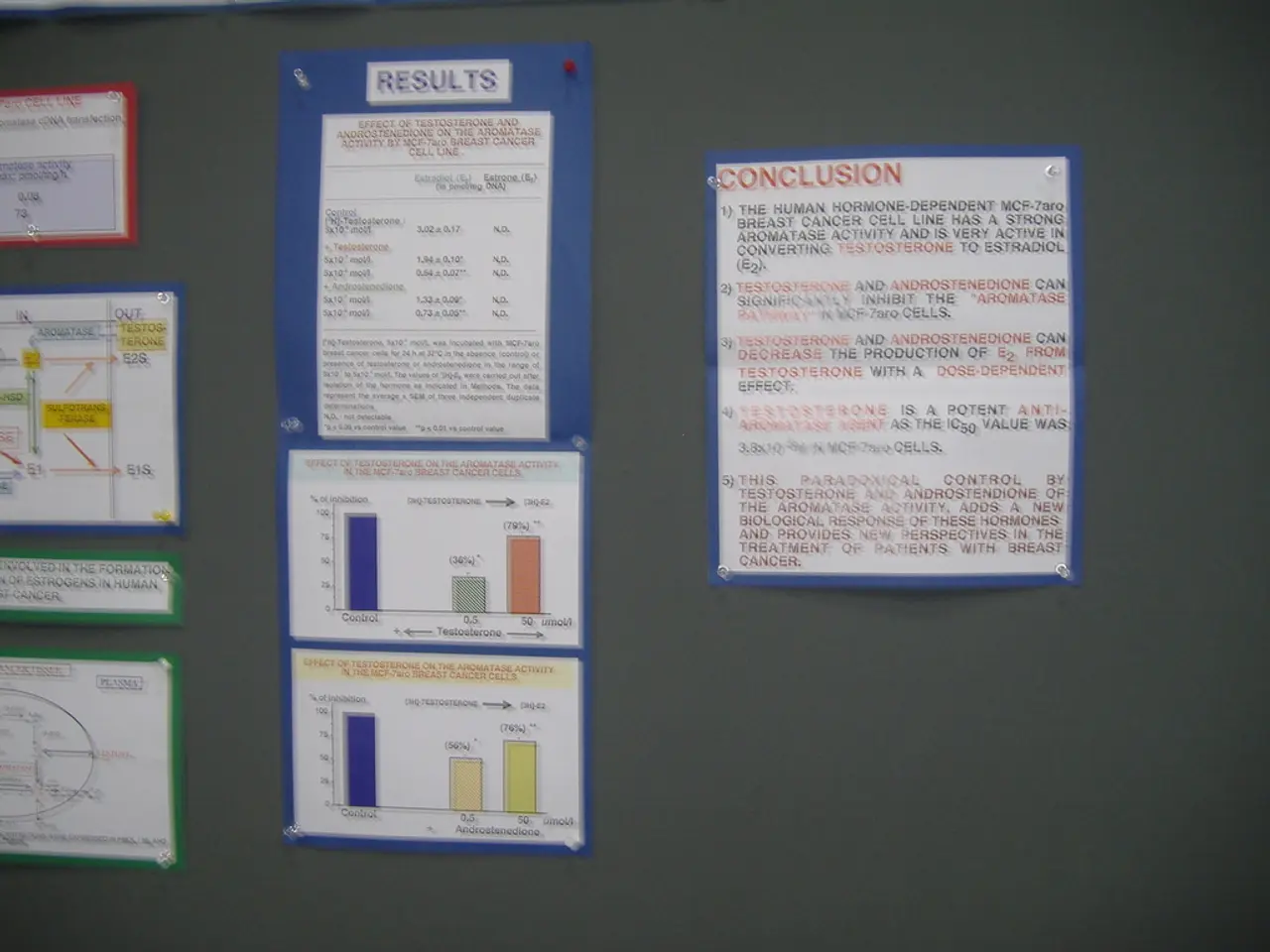Italy hardens its stance towards Israel due to widespread public disapproval of the Gaza conflict
Italy, the third-largest economy in the European Union with a population of 59 million, has expressed strong opposition to Israel’s settlement expansions in the West Bank and condemned the military escalation in Gaza. The Italian government, led by Prime Minister Giorgia Meloni, has called such measures unacceptable under international law and harmful to peace prospects.
However, despite growing domestic and political calls for sanctions against Israel and recognition of Palestine, the Meloni government has so far refrained from imposing formal sanctions on Israel within the EU framework. This cautious stance is influenced by public opinion in Italy, which is increasingly critical of Israel’s actions, but still sees the country as one of Israel’s closer EU allies.
In a phone call with Palestinian President Mahmoud Abbas, Prime Minister Meloni expressed her "deep concern" over Israel's plans to occupy Gaza city. Defence Minister Guido Crosetto has suggested considering sanctions in response to the ongoing conflict and humanitarian violations, comparing Israeli Prime Minister Benjamin Netanyahu's methods to those of Russian President Vladimir Putin in Ukraine.
The Italian government's stance has not been without controversy. Prime Minister Meloni acknowledged the term "Palestine genocide" in a public statement, causing a stir in political circles. Defence Minister Crosetto's comparison of Netanyahu to Putin also drew criticism.
Italy's approach to foreign policy issues has historically been cautious, with the country rarely taking pioneering positions. This is evident in its response to the EU Commission's recent proposal to partially suspend Israel from the Horizon research program, as well as in its decision not to clarify its position on the matter.
Germany, on the other hand, has taken a more decisive step, partially suspending weapons exports to Israel, a move that caused criticism among some politicians in Chancellor Friedrich Merz's political party. Given Italy's tradition of not displeasing the US and maintaining business and diplomatic ties with Israel, any shift in Italy's position could influence discussions over an EU vote in Brussels on imposing sanctions on Israel.
Recognizing a Palestinian state does not equate with endorsing sanctions against Israel, according to Maria Luisa Fantappie, a programme head at the Institute of International Affairs in Rome. Ms Fantappie suggests that Italy's support for the Global Alliance for a two-state solution does not necessarily mean a substantial revision of Italy's own relationship with Israel.
As the conflict in the occupied Palestinian territories continues, the international community, including Italy, will continue to grapple with how to respond effectively while maintaining diplomatic relations and upholding international law.
Read also:
- Discussion between Putin and Trump in Alaska could potentially overshadow Ukraine's concerns
- Massive 8.8 earthquake hits off the coast of Russia's Kamchatka Peninsula, prompting Japan to issue a tsunami alert.
- Court petitions to reverse established decision on same-sex marriage legalization
- Independence supporters in New Caledonia refuse agreement offering authority without a vote on sovereignty







